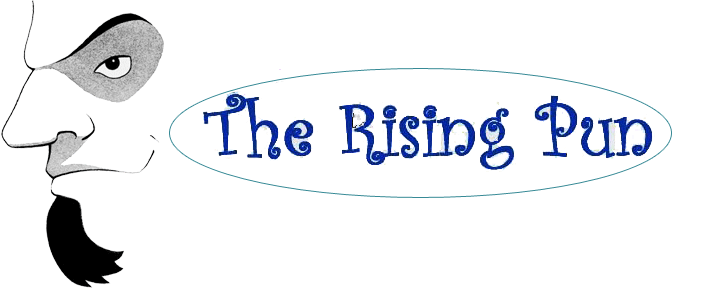One of the downsides of the pandemic times, aside from all the sickness and death, is that it’s very easy to forget how to be a person. I was suffering this especially acutely last night, when in the throes of feeling run-down after my second vaccine shot, I may have exchanged a series of emails with a client culminating in him requesting an invoice for the work I’d just completed and me floundering around feeling embarrassed as I realized that we never actually set a price. Pandemic brain does not help.
This of course raises* the question, “Why on earth would someone trying to market themselves as a high-end professional freelance writer make a public post about forgetting to set a price in an email to a client?” Well, I really don’t mind revealing that I’m a big ol’ imperfect human. I figure as long as my writing is always on-point and on-time, people won’t mind if I’m a ridiculous person with various personal foibles.** Clients are, after all, hiring me for my writing, and not my ability to be suave at a cocktail party. At least, I sure hope so, for their sake***.
If the mantra of last century**** was “the personal is political”, then perhaps this century’s mantra is, “the personal is business”. Of course, it’s always been true that networking exists and people don’t just hire companies, they hire people. But now more than ever, the lines between personal and business have been blurred, smudged, and otherwise all but erased. Social media from people who run a business is always an advertisement, not a person. Lots of people’s business model is selling themselves and their personality, from Twitch streaming to OnlyFans. Today, I read an interesting article about how personal branding ruins people’s lives, and it has only strengthened my resolution to remain a person who happens to be good at writing professionally, rather than a professional writer who is always being a professional writer 24/7.
Coincidentally, I came across that article just days after my latest humor column delved into the importance and difficulty of making human connections, which has of course been especially difficult these past two years. I don’t have a conclusion, per se — another example of being a flawed human who just thinks about things and isn’t always artfully arranging things to neatly support a conclusion, because I’m not paying me enough to do that — but I think especially as the Internet means that we know more and more about people, it would be a terrible mistake to expect/require people to be professional automatons all the time. Being human isn’t a bad thing — even if our new robot overlords may say otherwise.
.
.
.
* NOTE: It does not beg the question. Begging the question would be assuming the conclusion when arguing your premise. Please do not use “begs the question” when you mean “raises the question”. Yes, I’m pleading here. Don’t question the beg.
** Note here that foibles means, “often does silly things and is occasionally awkward in social situations, as detailed in his columns, poetry, and stand-up”, and not, “is rude to other people and denigrates them based on race/sex/etc.”, the latter of which is not a foible but a severe character defect which is a great reason not to hire someone.
*** Especially if it’s a cocktail party with Japanese rice wine.
**** I mean, it’s still exceedingly relevant here in 2021, as you might suspect from the earlier footnote. I’m just saying it was coined last century.





